REC Group is looking to strengthen its Australian distribution base, in particular targeting the C&I market segment. Its latest partnership will see Sydney-based Solar Juice distributed REC modules, with the Singapore-based manufacturer saying that it is excited about the “opportunities that this alliance will bring.”
In a statement announcing the partnership, REC noted that Solar Juice becomes the company’s third Australian partner, and eleventh in the APAC region. It says that it trained 70 “REC-certified system installers” in 2018, bringing the total to 267.
REC’s existing distribution partners in Australia are Baywa r.e. Solar Solutions and Sol Distribution. Both are currently facing legal action instigated by Hanwha Q Cells in Australia, facing claims REC infringed on the Korean manufacturer’s IP regarding cell passivation technology – commonly known as PERC. Baywa and Sol Distribution became embroiled in the dispute, which is also playing out between Hanwha and other Tier-1 manufacturers such as Jinko and Longi, in the U.S. and Germany.
In announcing the partnership, Rami Fedda, co-founder of Solar Juice, made no mention of the legal action currently underway. “Our customers have been requesting an additional high-end brand and product options. With solar panels from REC, we can offer our customers not just reliable quality with industry-leading warranty terms, but also fantastic economics and energy yield.”
“Our customers have been requesting an additional high-end brand and product options,” added Fedda.
In May, REC launched its new module series Alpha. The module deploys heterojunction (HJT) cell technology – with Swiss production equipment supplier Meyer Burger in the process of supplying cell and module tools to REC’s Singapore production site. The Alpha can achieve 380W power output in a 60-cell format.
Whether the REC, Solar Juice partnership relates to its standard PERC modules or its new HJT Alpha series is not noted in the recent media statement. Presumably, distributing PERC modules from REC may bring with it some legal risks. On the other hand, REC will have limited HJT capacity in the short term – with it taking some time to complete and fully ramp the new high efficiency lines.
This content is protected by copyright and may not be reused. If you want to cooperate with us and would like to reuse some of our content, please contact: editors@pv-magazine.com.
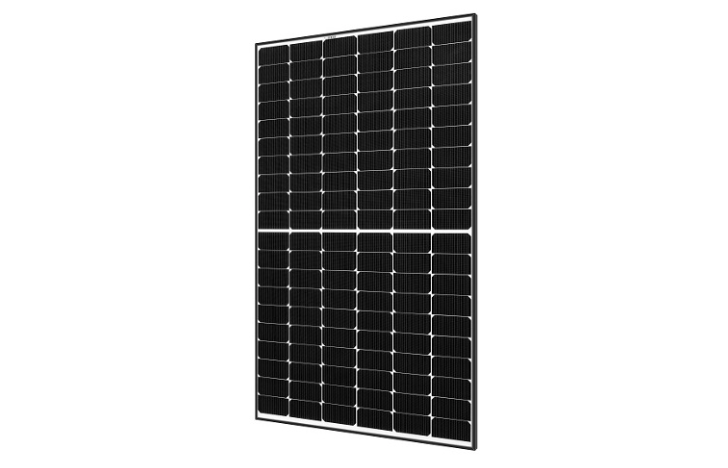
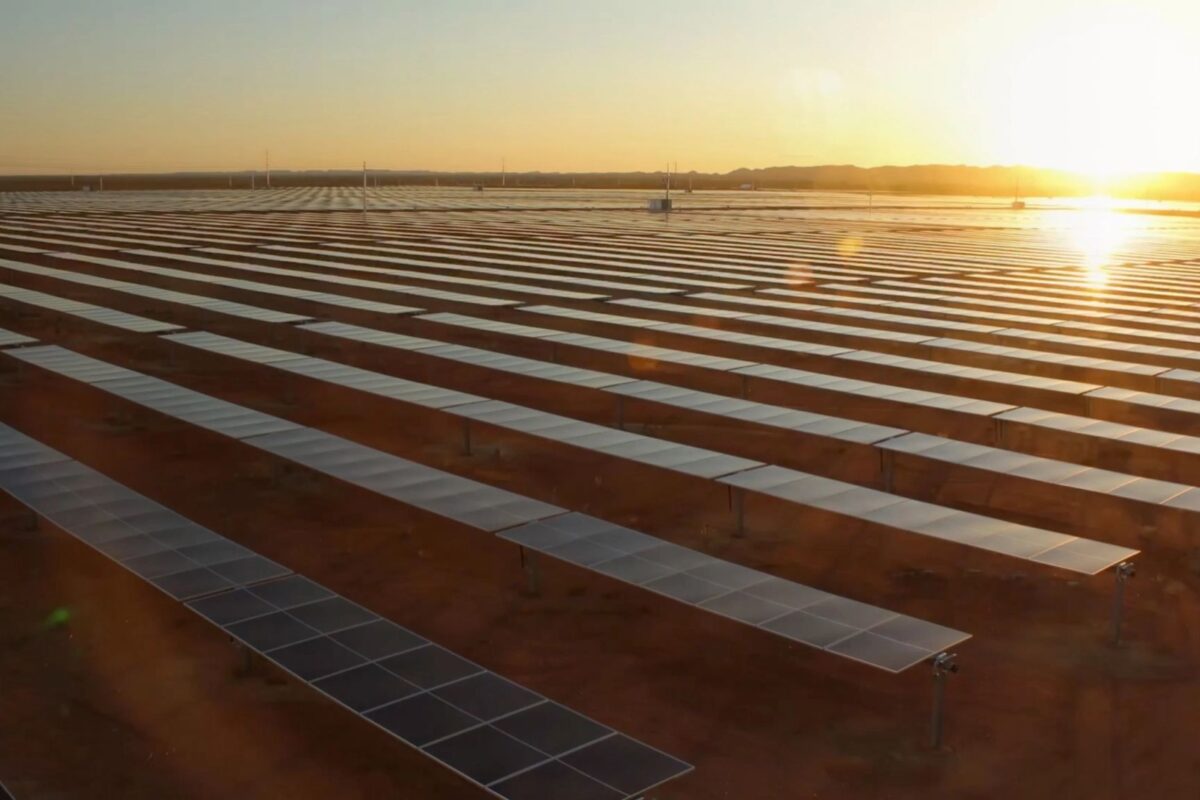


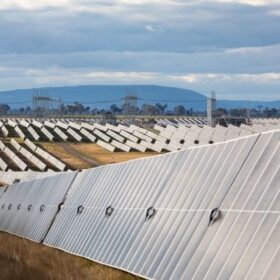
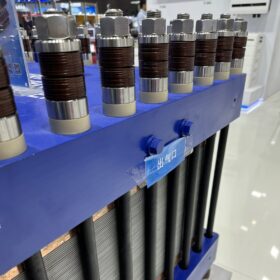
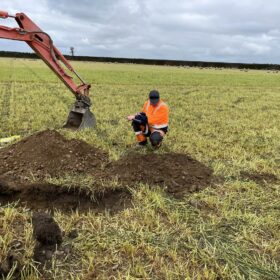
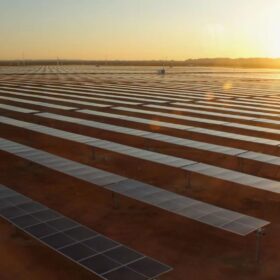

It looks like that REC very much Needs more HJT and more of the leading Meyer Burger Technology. Meyer Burger HJT ist the crown jewel of the global PV Industry – becomes clearer every day…